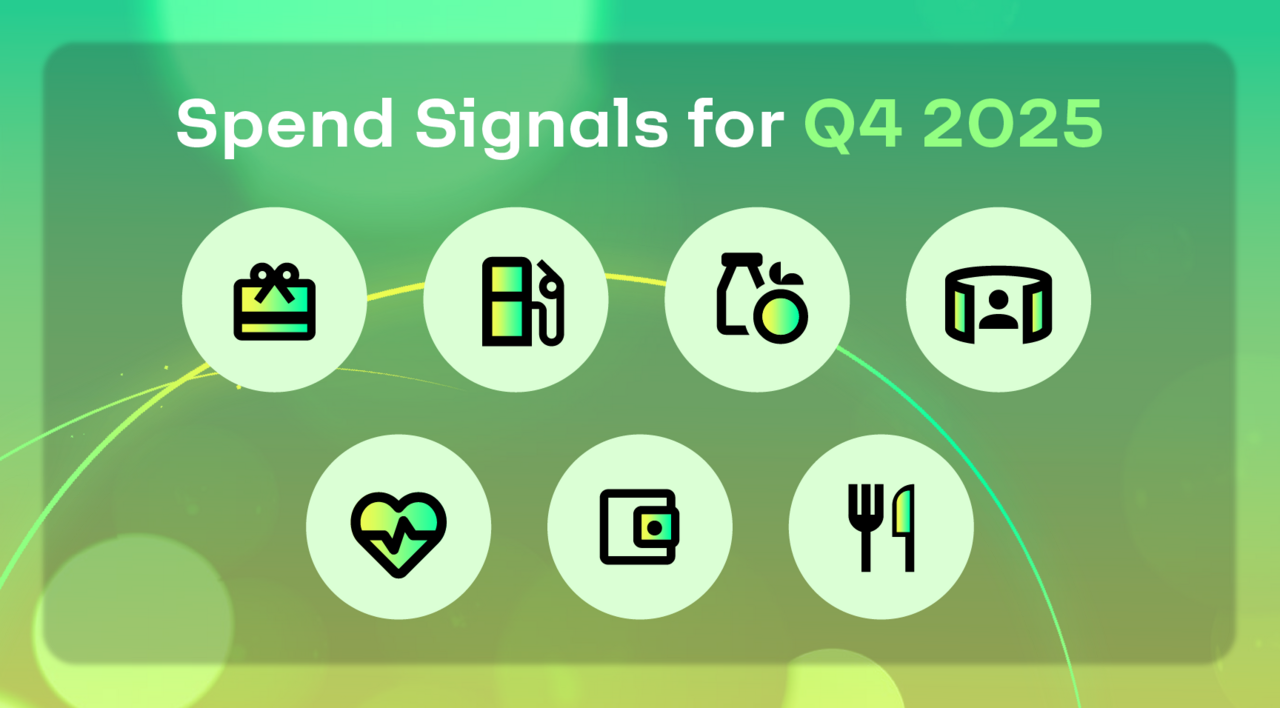From online e-Commerce businesses to insurance companies and government agencies, approximately 78% of organizations leverage ACH payments for credit and debit transactions. While ACH payments provide convenience and cost-effectiveness for several organizations, there are other alternatives that businesses can consider.
But what exactly are the better alternatives to ACH payments? In this blog, we’ll explore the current drawbacks of ACH payments, the different payment options available for businesses, and highlight the benefits of each.
What are ACH payments?
The Automated Clearing House (ACH) network is a secure electronic payment system that facilitates transactions between banks, credit unions, and other financial institutions. ACH payments are widely used for direct deposit of salaries, Social Security benefits, tax refunds, and recurring payments, such as rent and mortgage payments, insurance premiums, and utility bills.
The drawbacks of ACH payments
ACH payments are the primary method for transferring payments for millions of Americans and organizations across the country, and it’s predicted that more than 7 billion transactions were processed during a single quarter in 2020. However, that’s not to say that the network doesn’t have its limitations and drawbacks, all of which must be considered before you implement it within your organization.
To give you a better understanding, let’s take a look at the four drawbacks of ACH payments.
- Delayed processing — ACH payments are not processed in real-time, unlike other payment methods like credit or debit cards or wire transfers. ACH payments can take one to two business days to complete, which can be inconvenient for organizations that require immediate transfers.
- Errors and fraud — ACH payments are not immune to errors or fraud, and mistakes can lead to significant financial losses. For example, if the payer enters incorrect bank account information, the payment may be sent to the wrong account, resulting in delayed or lost payments.
- Lack of real-time tracking — ACH payments do not provide real-time transfer status updates. This can make it difficult for users to track their payments and confirm when they have been received.
- Restricted availability — ACH payments are currently only available for transactions within the United States. This means that users who require international payments will need to use alternative payment methods.
If these limitations cause friction in your organization, there are better alternatives to ACH payments that can deliver faster, more secure payments. From wire transfers to cryptocurrency, let’s explore ACH payment alternatives.
Instant payments
Instant payments, or Real-time Payments (RTP), are a newer and faster alternative to traditional ACH payments. While ACH payments can take up to several days to clear, instant payments are processed in real-time, allowing for the almost immediate availability of funds.
Instant payments use modern technology, such as Real-time Payment systems and mobile wallets, to provide a faster and more efficient payment process. These payments are typically initiated through a mobile app or online payment platform, and the funds are immediately transferred between the payer and the payee.
The benefits of using Real-time Payments over ACH
Card APIs for businesses provide a flexible and scalable solution for organizations that need to issue cards to their users or customers. There are many reasons why an organization may want to invest in a card issuing API, including:
- Instant payment — Real-time Payments are much faster and can be completed in seconds or minutes rather than days. This can be particularly useful for urgent or time-sensitive payments, such as paying unexpected bills, paying suppliers, or last-minute emergencies.
- Greater convenience and flexibility — Users can initiate payments from their mobile devices, meaning they can send and receive payments from anywhere, at any time. This can be particularly useful for businesses that need to pay suppliers or employees quickly and efficiently.
-
Better security — For a business owner, it is important to take all necessary measures to safeguard confidential and sensitive information about the business, particularly while transferring funds. Real-time Payments employ contemporary encryption technology to ensure the security of funds transfer, thereby minimizing the possibility of fraud or hacking.
Faster Payments
Faster Payments is a payment system that provides a faster alternative to ACH payments for sending money electronically. It is designed to transfer funds between bank accounts within seconds rather than taking one or more business days, like ACH.
Faster Payments is widely used in the United Kingdom, where it was introduced in 2008. It is also gaining popularity in other countries, such as Australia, Singapore, and some parts of Europe.
Why use Faster Payments?
The Faster Payments Service (FPS) is well known to be a better alternative to ACH payments for a few reasons:
- Fantastic for emergency payments — Faster Payments is ideal for urgent payments, such as bill payments, rent payments, and person-to-person transfers. Businesses commonly use it for payroll and supplier payments. With FPS, payments are usually processed within seconds.
- Convenience — Faster Payments can be done any time of day or night, 24/7, meaning that individuals and businesses don't have to wait until normal banking hours to transfer funds. This can be especially helpful for those needing to make payments outside regular working hours.
- Cost-effective — FPS is often cheaper than traditional payment methods, as it doesn’t require the same level of manual processing or physical transportation of funds. This can result in cost savings for individuals and businesses, particularly those who need to make large or frequent payments.
- Improved cash flow — Faster Payments can help improve cash flow for businesses, as they can receive payments more quickly and efficiently. This can be especially helpful for small businesses relying on a steady cash flow.
Are Faster Payments different from Real-time Payments?
Yes, Faster Payments and Real-time Payments differ. While Faster Payments and Real-time Payments are quicker alternatives to traditional payment methods like ACH, they differ in processing times, geographic reach, and the technology used to enable the payments.
Wire transfers
A wire transfer is an electronic transfer that sends funds from one bank account to another. Wire transfers are typically used for international payments, large sums of money, or urgent transactions that require fast and secure processing.
The wire transfer process involves the sender initiating the transfer through their bank, which then sends the funds directly to the recipient's bank. The recipient is typically required to provide their bank account information, including their account number and routing number, to receive the funds.
The benefits of wire transfers over ACH payments
Here are a few ways wire transfers can make a difference in your organization:
- Speed — Wire transfers are typically processed within hours, making them an ideal option for urgent transactions that require fast processing.
- Security — Wire transfers are considered one of the most secure methods of transferring funds, as they require a high level of authentication and verification to prevent fraud and unauthorized transactions.
- Convenience — Wire transfers can be initiated online or in person through a bank or a third-party transfer service, making them a convenient option for businesses that need to send and receive funds constantly.
- International payments — Wire transfers are often used for international payments, as they allow funds to be sent across borders quickly and securely, which is ideal for organizations operating in multiple countries.
- Large sums of money — Wire transfers are also a preferred method for transferring large sums of money, as they can accommodate transactions that may exceed the limits of other payment methods.
Crypto payments — a secure and decentralized alternative to ACH payments
Crypto payments refer to transactions involving digital or virtual currencies, such as Bitcoin, Ethereum, or Litecoin, to transfer funds between two parties. These transactions are processed using blockchain technology, a decentralized system that records all cryptocurrency transactions and is stored in a digital wallet.
Unlike other payment options, cryptocurrency is relatively new, with its implementation not coming into existence until 2009. Today, cryptocurrency is used for various purposes, from online purchases and peer-to-peer transactions to investments and asset management.
Are crypto payments the right choice for my organization?
As crypto payments are a more unorthodox payment method, their legitimacy and effectiveness are often questioned. However, cryptocurrency transactions can prove effective for businesses in the following ways:
- Cost — Cryptocurrency transactions are processed quickly and with lower transaction fees than traditional payment methods, such as credit cards or wire transfers.
- Security — Cryptocurrencies use advanced encryption techniques to secure transactions and prevent fraud. This provides businesses with an added layer of security and reduces the risk of chargebacks and other fraudulent activities.
- Access — Cryptocurrencies allow businesses to reach customers worldwide without dealing with the complexities of foreign exchange rates and regulations.
- Transparency — Blockchain technology, which underpins most cryptocurrencies, offers a transparent and immutable ledger of transactions. This can help businesses improve transparency and accountability in their operations.
Payment cards
Payment cards, such as credit and debit cards, are a convenient and widely accepted alternative to ACH payments. Payment cards provide businesses with a quick and easy way to make purchases or payments online, in-store, or over the phone through direct debit payments.
Payment cards are accepted by most merchants, and transactions can be completed in seconds. Additionally, payment cards offer benefits such as rewards programs, fraud protection, and the ability to dispute transactions.
Three ways payment cards can benefit a business
As payment cards are widely used and accepted, they can prove beneficial for your organization in several ways, including:
- Improved sales — Payment cards can help increase business sales by providing customers a convenient and easy way to purchase. This is particularly important for online businesses, where payment card transactions are the most commonly used payment method.
- Reduced fraud risk — Payment cards offer fraud protection measures, such as chargeback rights and zero liability policies, which can help reduce the risk of fraud for businesses.
- Easier payment reconciliation — Transactions made through payment cards are easier to reconcile than ACH payments, as they provide detailed transaction information.
How to choose the right payment method for your business?
Choosing the right payment method for your business can significantly impact your customer satisfaction, cash flow, and overall success. Organizations must take the time to research and compare their options to ensure they select a process that benefits the needs of their business and customers.
There are several factors to consider when selecting a payment method, including the size of your business, the type of products or services you offer, and your customers' preferences. For example, if you sell expensive products, you may want to offer installment payments or financing options.
Cost is another major consideration, as different payment methods have varied costs, including transaction, setup, monthly fees and global transactional fees. Compare the fees associated with each payment method and note how they can impact your profit margins.
Runa — your source for scalable, digital payouts
If you're looking for an instant payout alternative that is better and faster than ACH payments, we might have the solution for you. Introducing Runa. The Runa API infrastructure allows you to payout anyone, anywhere in just a few steps - Giving you access to thousands of brands across crypto, shares, prepaid cards, gift cards and more. All instantly and across the globe.
Differently from ACH, we make paying out individuals instant and secure. Reach out to our team today and find out more, or get to grips with Runa via our free demo.



